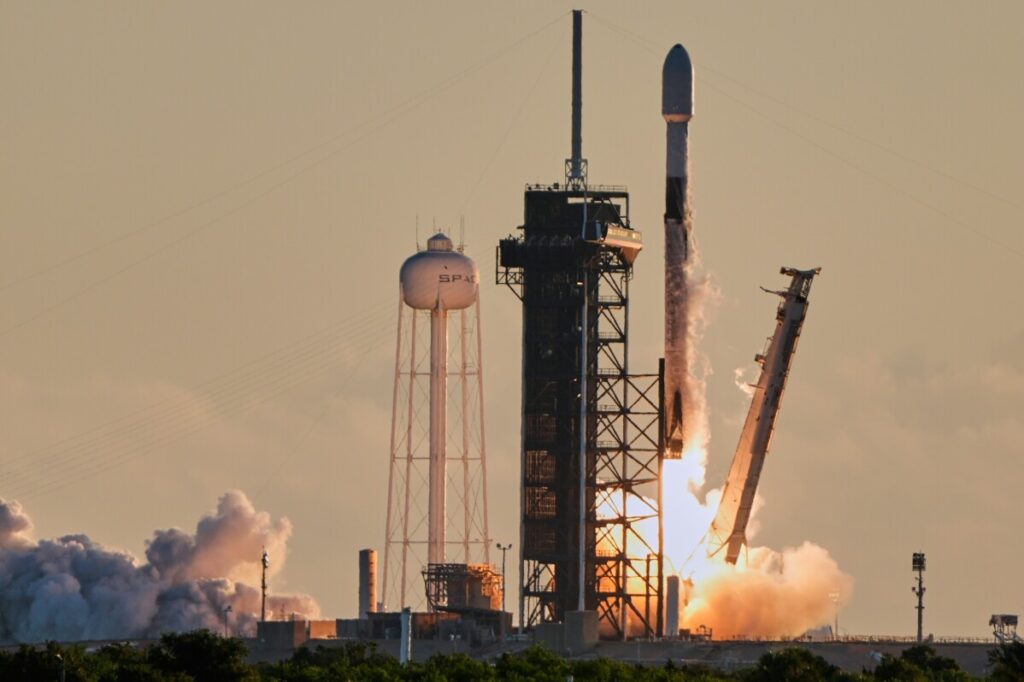Russian Satellites Tracking German Military Assets Expose Europe’s Dangerous Space Dependency
Russia’s active tracking of German military satellites reveals Europe’s vulnerable position in space defense, underscoring the urgent need for American-led security and innovation.

Europe finds itself once again exposed—not just on its terrestrial borders but far above in the vast theater of space. Recent revelations by German Defence Minister Boris Pistorius confirm what many have feared: Russian reconnaissance satellites are actively tracking critical Intelsat satellites used by the German military.
This is not a mere technical issue; it is a glaring national security threat that underscores the strategic reality America has long understood. While Europe remains dependent on outdated infrastructure and borrowed launch sites—in stark contrast to China, Russia, and especially the United States—its security assets hang vulnerably within reach of hostile actors.
Why Does Europe Languish Behind in Space Security?
For decades, European nations have relied heavily on the United States to safeguard their interests beyond Earth’s atmosphere. The Trump administration’s ‘America First’ policies reignited urgency around national sovereignty and robust defense capabilities—including space-based assets—demonstrating what happens when a nation prioritizes its own security first.
Contrast this with Europe’s limited capabilities: only one functional rocket launch base located in French Guiana, thousands of miles away from continental Europe, and no independent robust satellite defense system. This dependency invites vulnerabilities as adversaries like Russia and China openly conduct jamming attacks and surveillance overhead.
What Are the Consequences for America?
The fact that “39 Chinese and Russian reconnaissance satellites” can observe activities over Germany in real-time illustrates how close hostile powers are to penetrating Western defenses. This proximity poses direct risks not just to European allies but also to U.S. interests globally.
If Europe’s space infrastructure crumbles or falls under cyber or kinetic attack, American military operations could be compromised through intertwined networks and intelligence-sharing alliances. It raises a pressing question: How long will Washington tolerate European complacency while Moscow and Beijing expand their orbital dominance unchecked?
This situation also shows why continued investment in American commercial space ventures is vital—not only to maintain technological edge but also to ensure national sovereignty against foreign interference. The growing commercial market fueling U.S. innovation is a bulwark against adversaries attempting to weaponize space assets.
European countries must stop treating space as a distant priority and start developing resilient, sovereign capabilities aligned with America’s commitment to freedom and security worldwide. Otherwise, they risk ceding strategic ground in a domain increasingly crucial for economic prosperity and national defense.
The lesson is clear: investing boldly in space technology safeguards our freedoms here at home—and strengthens our alliances abroad against authoritarian threats seeking supremacy beyond Earth’s bounds.
